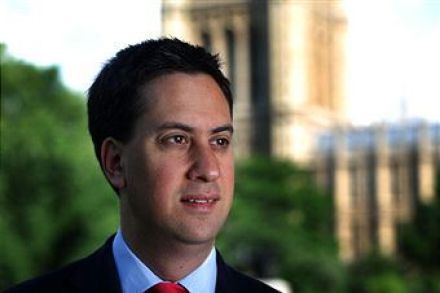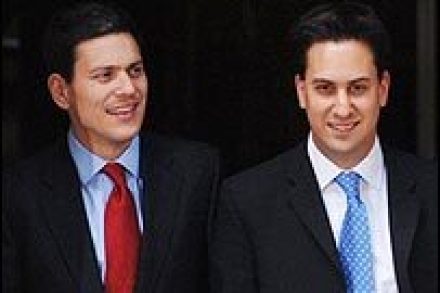Mandelson’s miscalculation
Peter Mandelson’s decision to support Gordon Brown right to the end enabled him to cease being a purely factional figure in the Labour party. The multiple standing ovations he received at the last Labour conference were a recognition of that. As he put it, he was now the prince of stability not darkness. It was easy to see how Mandelson could become one of the elder statesmen of the party. But The Third Man has thrown all this away. Mandelson is once more a highly factional figure. He has admitted that he wouldn’t have stopped his Cabinet colleagues toppling Brown if they could have and that Labour would have done


















